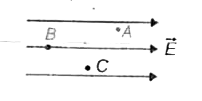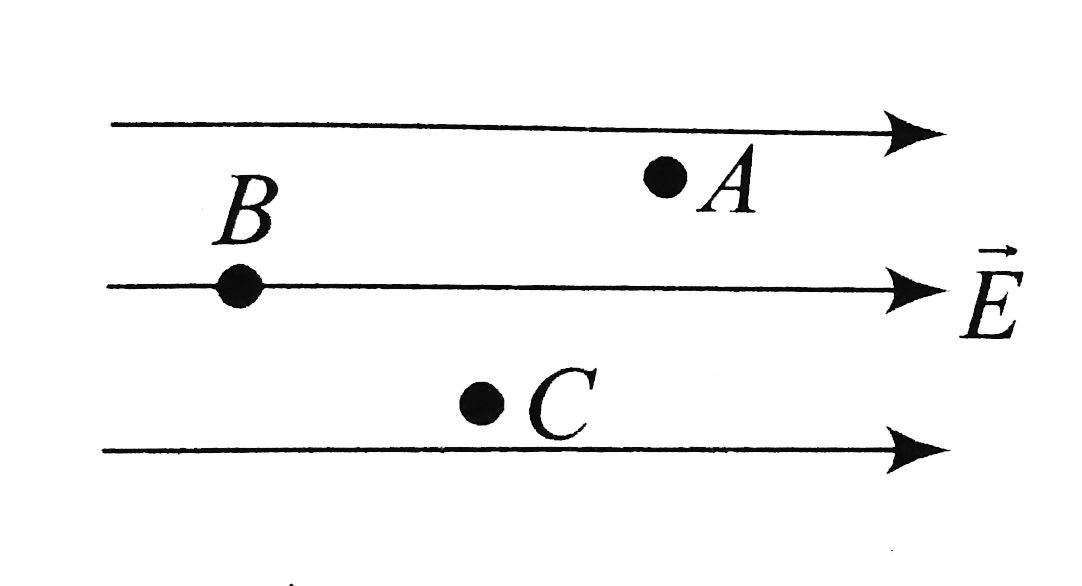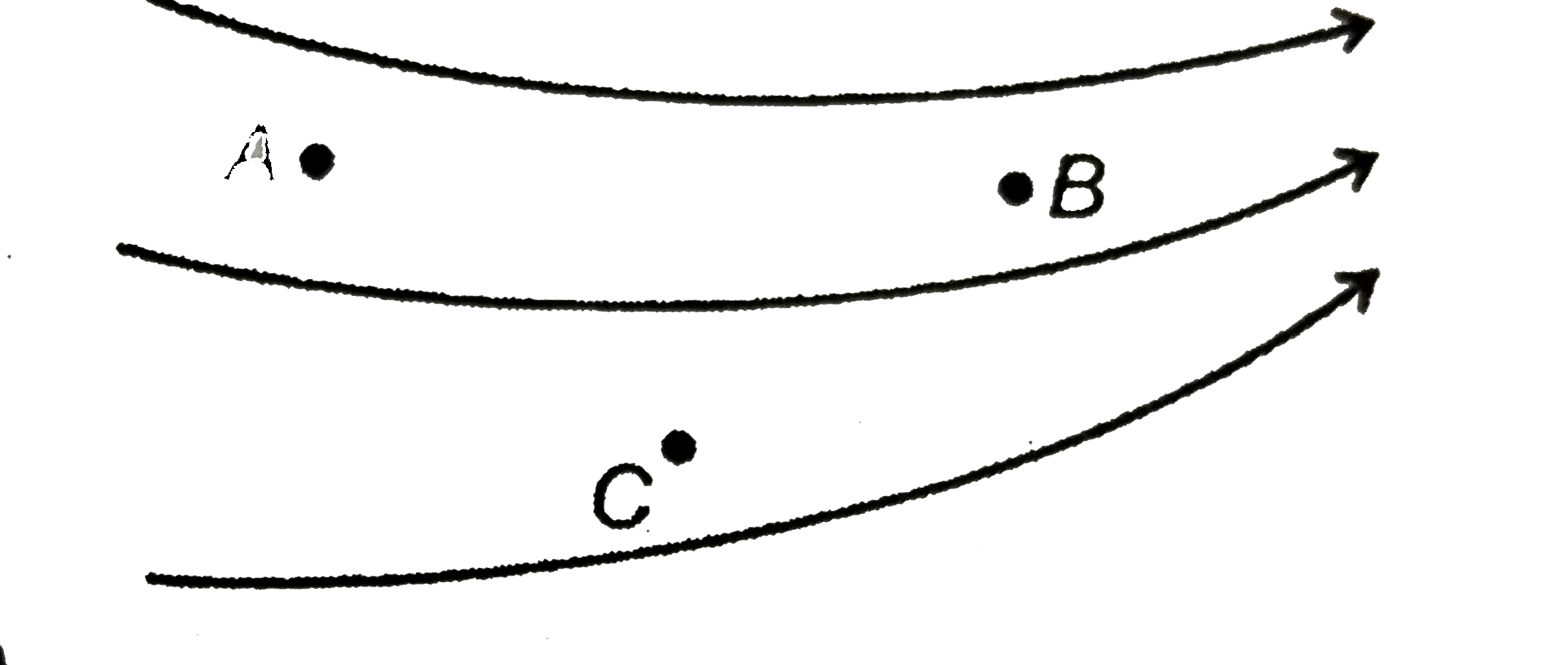A and B are two points in an electric field . If the work done in carrying 4.0C of electric charge from A to B is 16.0J, the potential difference between A and B is
zero
2.0V
4.0V
16.0V
The correct Answer is:3
To find the potential difference between points A and B in an electric field, we can use the formula that relates work done (W), charge (Q), and potential difference (ΔV):
W=Q⋅ΔV
Where:
- W is the work done (in joules),
- Q is the charge (in coulombs),
- ΔV is the potential difference (in volts).
Given:
- Work done, W=16.0J
- Charge, Q=4.0C
We need to find the potential difference ΔV.
Step 1: Rearranging the formula
We can rearrange the formula to solve for ΔV:
ΔV=WQ
Step 2: Substituting the values
Now we will substitute the given values into the rearranged formula:
ΔV=16.0J4.0C
Step 3: Performing the calculation
Now, we perform the division:
ΔV=4.0V
Conclusion
The potential difference between points A and B is 4.0V.
---
- W is the work done (in joules),
- Q is the charge (in coulombs),
- ΔV is the potential difference (in volts).
- Work done, W=16.0J
- Charge, Q=4.0C
We can rearrange the formula to solve for ΔV:
Now we will substitute the given values into the rearranged formula:
Now, we perform the division:
The potential difference between points A and B is 4.0V.
Topper's Solved these Questions
Similar Questions
Knowledge Check
- Question 1 - Select One
A, B and C are three points in a uniform electric field. The electric potential is
 AMaximum at BBMaximum at CCSame at all the three points A, B and CDMaximum at A
AMaximum at BBMaximum at CCSame at all the three points A, B and CDMaximum at A - Question 2 - Select One
A,B and C are three points in a unifrom electric field. The electric potential is
 AMaximum at ABMaximum at BCMaximum at CDSame at all three points A,B and C
AMaximum at ABMaximum at BCMaximum at CDSame at all three points A,B and C - Question 3 - Select One
The work done in moving a charge from one point to the other is 20J. If the potential difference between the points is 10V, the charge is:
A4.0CB2.0CC0.5CD1.0C
The work done in moving a charge of 20 C from A to B over a distance of 0.2 m is 2 J. The potential difference across A and B is _______.
View Solution5 J of work is done in moving a positive charge of 0.5C between two points. What is the potential difference between these points ?
View SolutionAn electron moves from a point A to a point B in an electric field and gains kinetic energy. Which of A and B is at a higher potential ? Explain.
If the potential difference between A and B is 1 volt, find the gain in kinetic energy of the electrons.View SolutionThe work done in carrying an electron from point A to a point B in an electric is 10 MJ. The potential difference (VB−VA) is then
View SolutionA, B and C are three points in an electrostatics field. The electric potential is maximum at
 View Solution
View Solution

